How much money do Russian oligarchs make from owning Western soccer clubs?
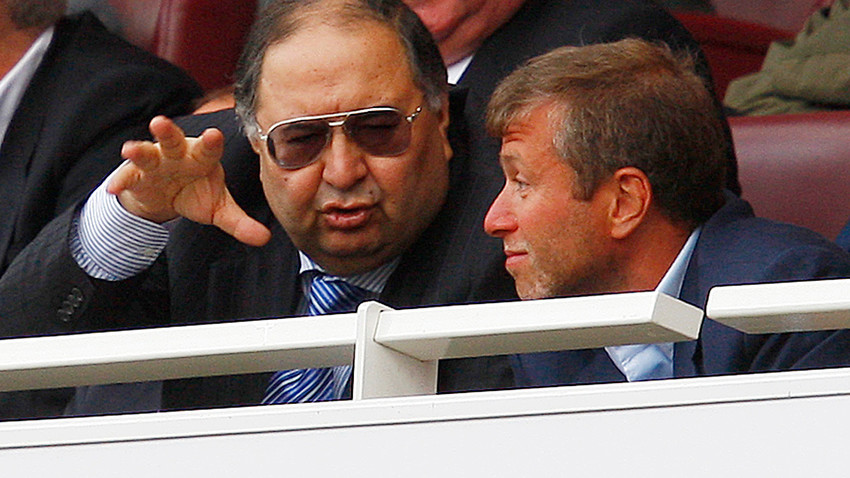
Alisher Usmanov (L) talks to Roman Abramovich after the English Premier League match between Arsenal and Chelsea in London
ReutersAlisher Usmanov and Arsenal
Arsenal is one of the most profitable Russian-owned soccer clubs. Its latest financial results are impressive: Its 2016-17 revenue was $558 million (up almost $23 million from the previous year) with gross profits of $57 million, according to club’s financial report. The club currently occupies 6th place in Deloitte’s Football Money League
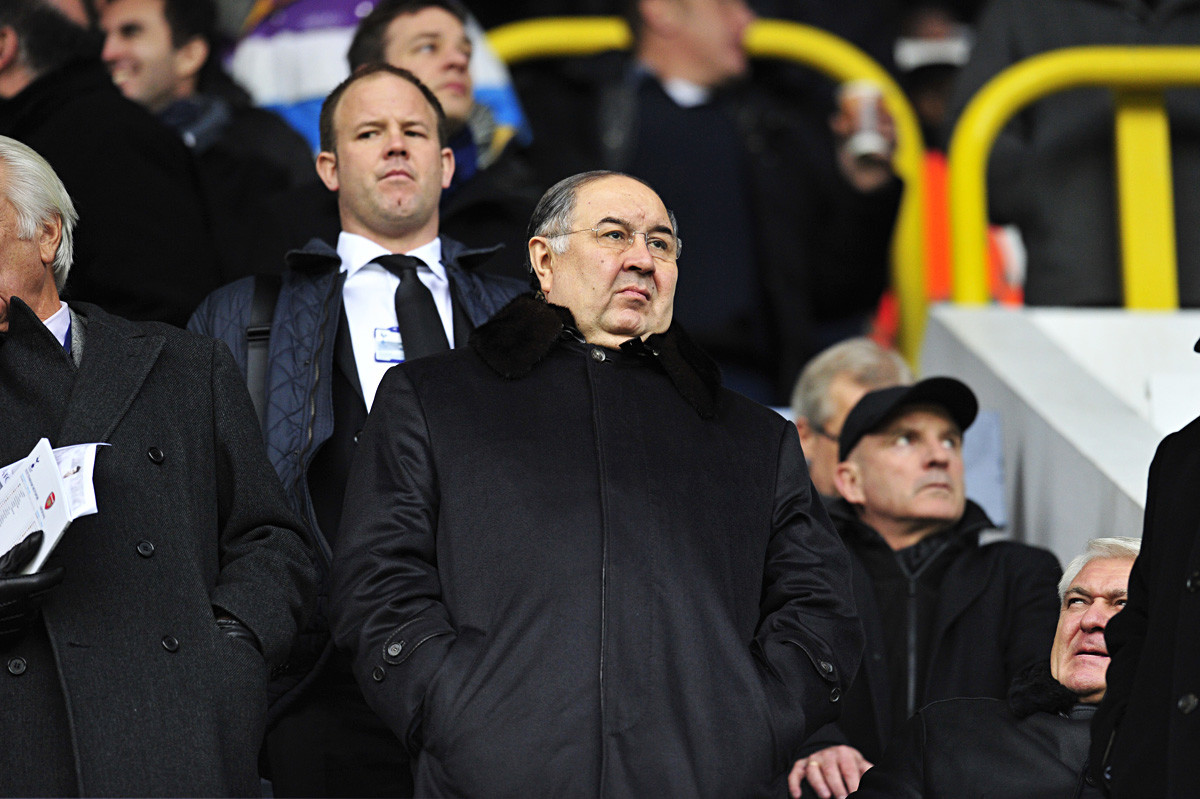
Alisher Usmanov watches the UEFA Champions League match between Arsenal and Bayern Munich in north London on February 19, 2013
AFPDmitry Rybolovlev and Monaco
Monaco, which is owned by Dmitry Rybolovlev, another Russian oligarch, also seems to be doing quite well both financially and in terms of its performance on the field. Rybolovlev, who made his fortune selling potassium fertilizer, bought Monaco a few years back and turned it into
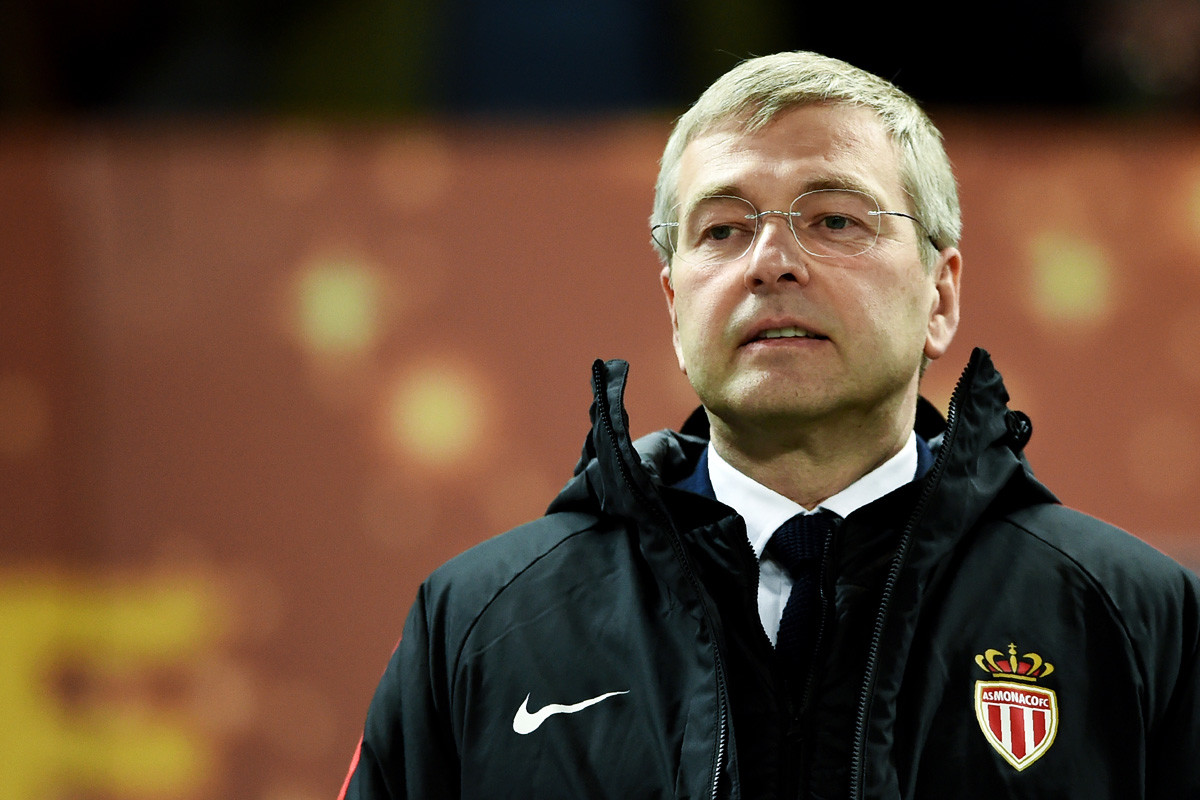
Monaco President Dmitry Rybolovlev looks on during the French League Cup final football match between Monaco and Paris Saint-Germain on March 31, 2018.
AFPOne example is trading Anthony Martial. As a teenager from Olympique
It has been suggested that in the 2016-17 season the club might have earned up to $400 million selling players. Rybolovlev’s strategy seems to be working though, and the club is playing well and raking in enormous profits at the same time.
Roman Abramovich and Chelsea
Abramovich’s Chelsea cannot boast of the same financial results as the two previous teams. Chelsea reported an $18 million loss in the 2016-17 year. However, it seems the club has managed to counterbalance its operating loss since it announced $19.5 million in profits. This money came from selling players. Chelsea also had an impressive turnover of $493 million
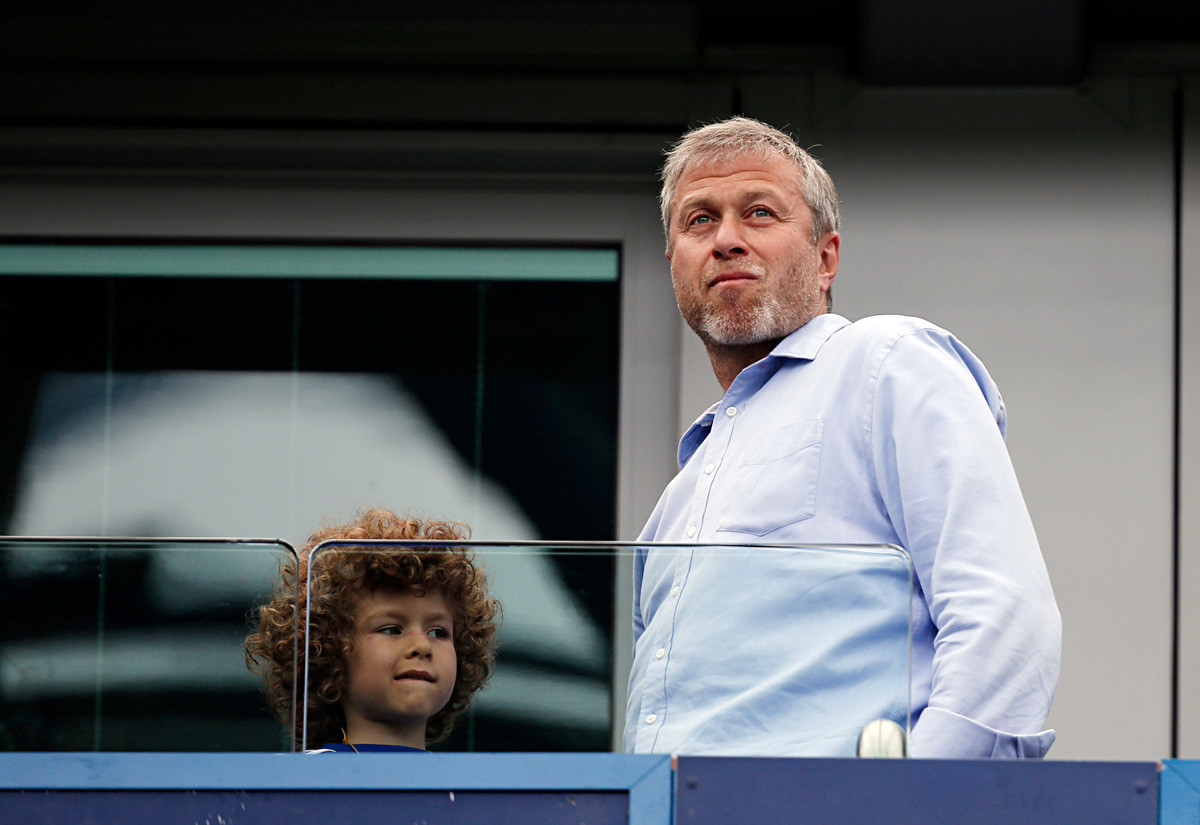
Chelsea's owner Roman Abramovich stands with his young son Aaron Alexander before the English Premier League football match between Chelsea and Sunderland in London on May 24, 2015
AFPMaxim Demin and Bournemouth
Unlike Arsenal and Chelsea, Bournemouth, another Premier League club, has not made it to the top 20 clubs in the Deloitte Money League, but its financial accounts did show a profit of $19 million after the 2016-17 season (triple the previous year). This is on
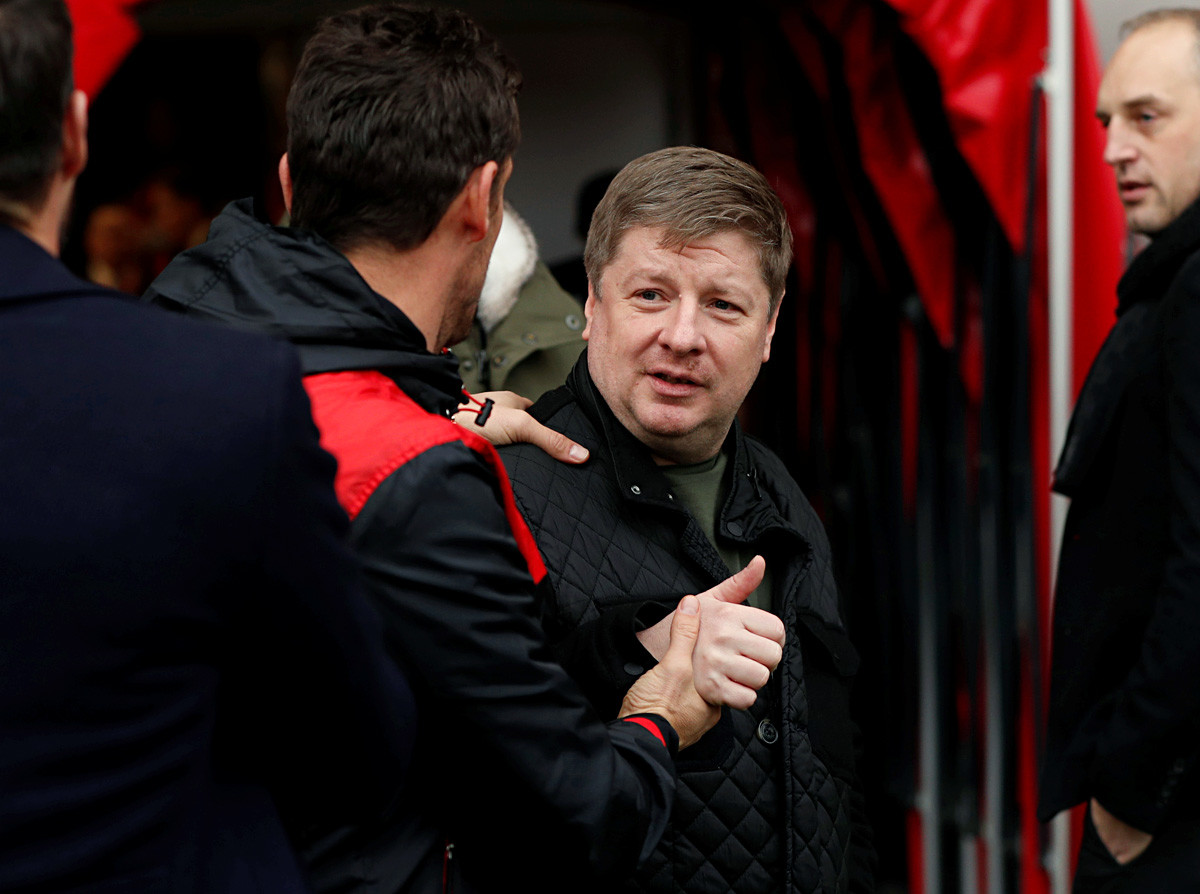
FC Bournemouth co-owner Maxim Demin before the match with Arsenal on January 14, 2018
ReutersRead here how some Russian oligarchs got unbelievably rich
If using any of Russia Beyond's content, partly or in full, always provide an active hyperlink to the original material.
Subscribe
to our newsletter!
Get the week's best stories straight to your inbox